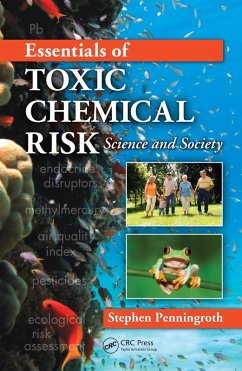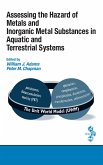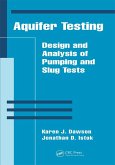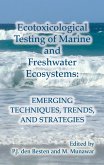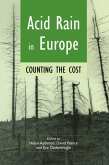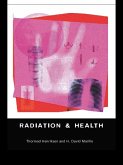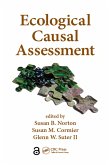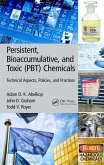This volume provides a basic introduction to toxicology within a framework of chemical risk to ecosystems and to human health and forms the basis of a new approach to teaching toxicology from a broad, interdisciplinary perspective. It presents concepts from chemistry, ecology, physiology, and other disciplines as needed within the context of toxicology. These include chemical equilibrium, energy, and nutrient flows through ecosystems. It also introduces concepts specific to toxicology, such as risk as a composite of toxicity and exposure, and provides case studies of risk management to illustrate the ways in which laboratory results are used to manage chemical risk to human health and the environment.
Dieser Download kann aus rechtlichen Gründen nur mit Rechnungsadresse in A, B, BG, CY, CZ, D, DK, EW, E, FIN, F, GR, HR, H, IRL, I, LT, L, LR, M, NL, PL, P, R, S, SLO, SK ausgeliefert werden.

